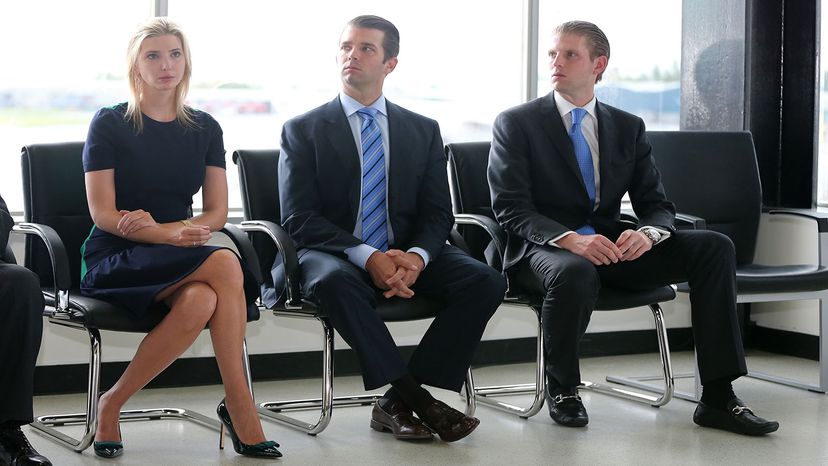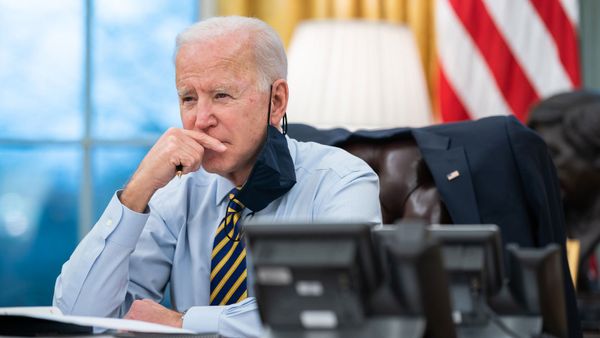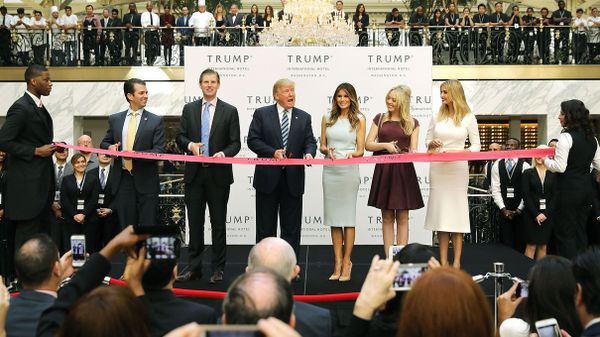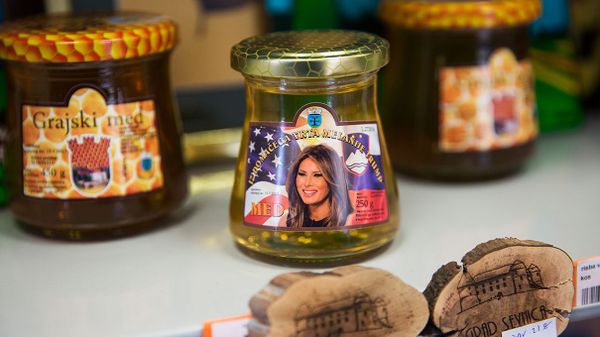According to federal law, the Secret Service is authorized to protect the sitting U.S. president and vice president (or the next-in-line for the presidency), their immediate families, and all former U.S. presidents and their spouses, as well as their children under age 16. While in office, neither the president nor the vice president can decline Secret Service protection, but their spouses and adult children can.
Almost all presidential families have accepted full Secret Service protection for as long as the law allows. Bill Clinton and George W. Bush even asked for extensions to cover their college-age children for a period after they left office, as did Barack Obama for his daughters. The few exceptions are Ronald Reagan's youngest son, Ron, who declined Secret Service protection during his father's second term, and Richard and Pat Nixon, who canceled their lifetime protection in 1985, to save the government money. They hired their own security detail.
In 1994, Congress limited protection of future presidents to just 10 years after leaving office, as a cost-cutting measure. In 2013, it reinstated lifetime protection, citing concerns over terrorism. Not every congressperson was in favor. Some thought, given the lucrative opportunities open to former presidents, they should pay for the long-term security themselves.
Despite the cost, the Trump family is doing nothing unusual by accepting Secret Service protection at home and while traveling abroad. In fact, there is a legitimate reason for extending that protection.
"If Eric Trump is traveling and let's say, God forbid, gets attacked and hurt, killed — imagine the impact, the psychological impact, that would have on the president," Jonathan Wackrow told NPR news. He is a former Secret Service member who used to protect Barack Obama's family. "So by protecting the children, you're by default protecting the sanctity of the office of the presidency."



